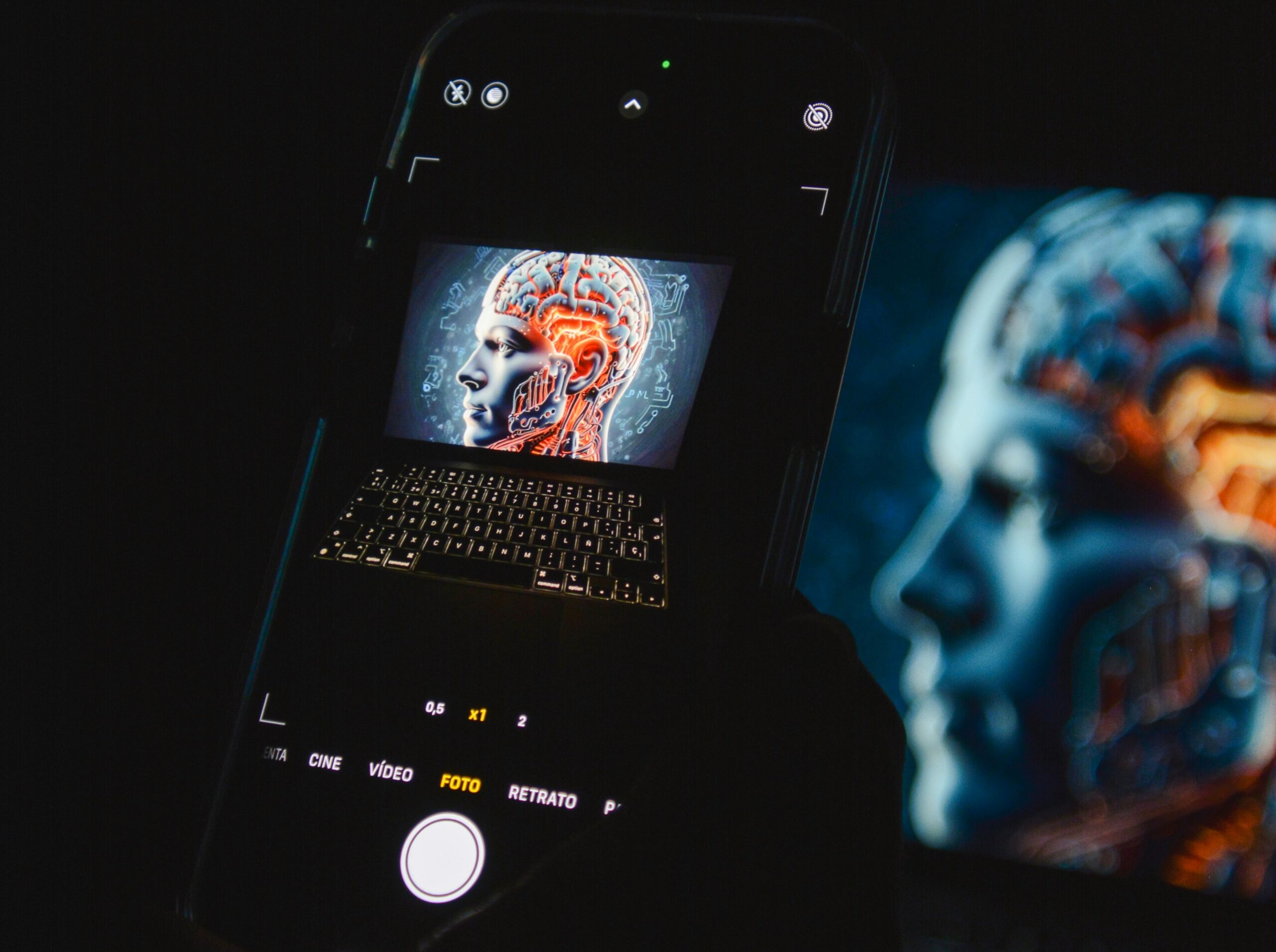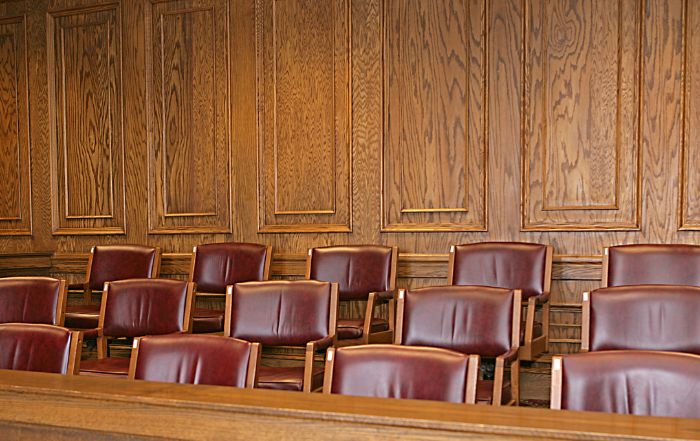Emerging Litigation Podcast
From Socks to Strategy: What Zoom Focus Groups Reveal About Your Case with Elizabeth Larrick
Trial attorney and litigation consultant Elizabeth Larrick shares what more than 1,000 virtual focus groups have taught her about trial prep, from testing case narratives to refining jury selection. In this episode of the Emerging Litigation Podcast, discover how Zoom-based sessions reveal surprising insights into witness credibility, evidence presentation, and what really resonates with jurors—yes, even their take on orange socks.
What DEI Changes Mean for Employers Featuring Patice Holland
As political and public scrutiny of Diversity, Equity, and Inclusion (DEI) programs grows, employment attorney Patice Holland of WoodsRogers joins the Emerging Litigation Podcast to explain how employers—especially federal contractors—can reassess DEI initiatives while staying compliant with discrimination laws, navigating shifting enforcement priorities, and managing legal, operational, and reputational risk. Tune in now!
Wildfire Litigation: Building a Case and Establishing Liability with Ed Diab
In this episode of the Emerging Litigation Podcast, you will discover the legal complexities of wildfire litigation as Ed Diab, founding partner of Diab Chambers LLP, unpacks the strategies used to establish liability against utility companies in the wake of Southern California’s devastating January 2025 wildfires. With over 100 lawsuits filed against power providers like Southern California Edison, plaintiffs—including public entities, individuals, and insurers—face an uphill battle proving negligence and inverse condemnation claims. Ed shares insights on case-building strategies, the role of expert investigations, key legal defenses raised by utilities, and the evolving litigation landscape. Tune in for a deep dive into how these high-stakes cases unfold. Don't miss this episode!
A Shameless Plug for Our Content Services
Your content marketing is everything you’ve ever dreamed of. Right?

Critical Legal Content was founded by Tom Hagy, former Editor & Publisher of Mealey’s Litigation Reports and VP at LexisNexis, founder of HB, current litigation podcaster and editor-in-chief. CLC’s mission is to help smaller firms and service providers not only create content — blogs, articles, papers, webinars, podcasts (like the stuff on this site) — but also to get it out there. How? Via social media, this website, your website, and potential via our podcast and journal which we publish in collaboration with vLex Fastcase and Law Street Media. The goal is to attract readers and dizzy them with your brilliance.
*Inspired by actual events.
Create content like a real legal publisher.
Emerging Litigation Journal
Ninth Circuit Rejects Religious Accommodation Claim in COVID Testing Case
The Ninth Circuit has rejected a religious accommodation claim from a healthcare worker who objected to weekly COVID-19 testing, holding that the employee failed to show a bona fide religious conflict and that the employer’s masking-and-testing accommodation was reasonable. The ruling offers valuable guidance for employers navigating post-pandemic accommodation requests. Read the full analysis for key takeaways.
California AI Hiring Law Takes Effect, Mandating Bias Audits
California’s new AI hiring regulations take effect on October 1, 2025, requiring employers to conduct bias audits and increase transparency when using automated decision systems. With broad definitions of ADS and new FEHA liabilities, employers must prepare now to stay compliant. Read the full analysis to understand what steps your organization should take next.
Montana Court Awards $2.9 Million in Fees to Youth Climate Plaintiffs After Landmark Constitutional Win
A Montana District Court has awarded nearly $3 million in fees and costs to youth plaintiffs after their landmark constitutional victory recognizing a right to a stable climate system. The ruling highlights the societal importance of the case, the inequity of resources between the parties, and the critical role of private enforcement in protecting environmental rights. Learn more in the full article.
HB Webinars on CeriFi LegalEdge
Resolving Litigation with AI with Jeff Trueman & John T. Sly
Join full-time mediator and arbitrator Jeff Trueman and practicing attorney John Sly for a CLE webinar focused on enhancing your understanding of how AI can assist with your work, specifically how it can be used to handle disputes more efficiently, facilitate improved decision-making, and leverage predictive capabilities to achieve optimal outcomes in dispute resolution.
Defense of Data Breach Class Actions: Key Trends, Rulings, and Settlements
Data breach class actions have emerged as one of the fastest growing areas in the complex litigation space, forcing companies to navigate evolving cybersecurity risks, negative publicity, and costly litigation as a result. Litigation was particularly notable in 2023, with a record-breaking number of filings and several high-profile cases resulting in substantial settlements. The sheer volume of individuals affected by data breaches has grown significantly, leading to larger classes and subsequently higher settlement demands. Furthermore, the nature of the data being compromised is becoming more sensitive – including financial and health information – which increases the potential damages awarded in these cases. Join experienced class action defense litigators Gerald L. Maatman, Jr. and Jennifer A. Riley for a high-level breakdown of the data breach class action landscape through analysis of key trends, rulings, and litigation strategies.
Copyrightability of AI Generated Work
Take this webinar featuring Perkins Coie LLP attorneys Lisa Ortiz and Sean West to gain a better understanding of the challenge of determining human authorship in AI-generated works, the guidance and disclosure rules established by the Copyright Office, the importance of addressing copyright ownership and usage rights in AI-related license agreements, and the implications of joint ownership of AI models and output. Learn about the categories of work in which AI is being applied in the practice of law, e.g., legal research, document drafting, deposition preparation, and discovery review. Understand the various risks associated with AI, e.g., biased and inaccurate outputs, unauthorized disclosures of private data, and intellectual property infringement. Get an overview of governmental regulation and guidance. Finally, start your journey to develop best practices in establishing AI governance teams and processes with an eye toward complying with regulations and mitigating risk. Check it out!



























